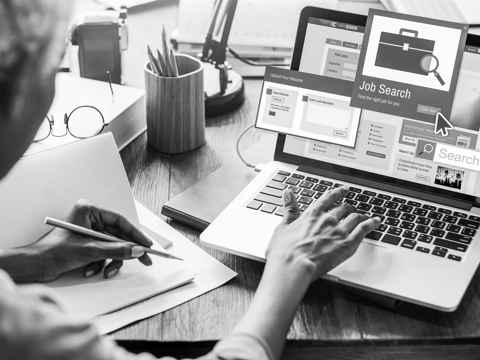The 4th Industrial Revolution

By: Laura, redwigwam
When I think of the words ‘industrial’ and ‘revolution’, I think of Victorian steam trains hissing through the countryside, or the shouting of crowds during the 1789 storming of the French bastille.
I don’t really think of 21st century me, sitting at my #wfh desk underneath the living room window as industrious or revolutionary. But they’re labels I can now weave into the fabric of my life, even in a small way, along with marketer, Netflix watcher, northerner…
The 4th Industrial Revolution is one each and every one of us is a part of.
Disrupting businesses, pushing boundaries in home entertainment – it’s already affecting and improving the quality of daily activities as we move increasingly quickly towards a life integrated with technology.
If the revolution was already hurtling fast towards us, then Covid-19 shocked it firmly into the here and now. Casual conversations musing over what the future world of work would look like in years to come were jet propelled forward by the pandemic’s unforgiving flipping upside down of the world as we knew it.
Along with that propulsion a gap has emerged – a digital skills gap. News reports of children unable to home school due to lack of equipment and the enormous physical shift of employees emptying offices all over the UK to work from home made headlines.
For us, the pandemic saw an increase in the number of people registering on our platform to find flexible work; searching for new streams of income after having hours reduced or being made redundant. Their backgrounds are varied; air hostess, financial advisor, a bespoke tailor. Skilled people already, in the position of having to make change into the unknown.
As a pioneer of flexible working, we’re already fusing digital technology with on-the-ground opportunities to work and earn better, but now there’s a new, more urgent desire to improve their digital knowledge.
We asked our wigwammers how many of them were looking for new opportunities to upskill. The response was overwhelming.
82% responded saying they had a need to feel better equipped for the new post-pandemic world.
Maybe it’s time to think about what to call this desire for new digital skills.
I know, let me call it SuperPowering Up .





